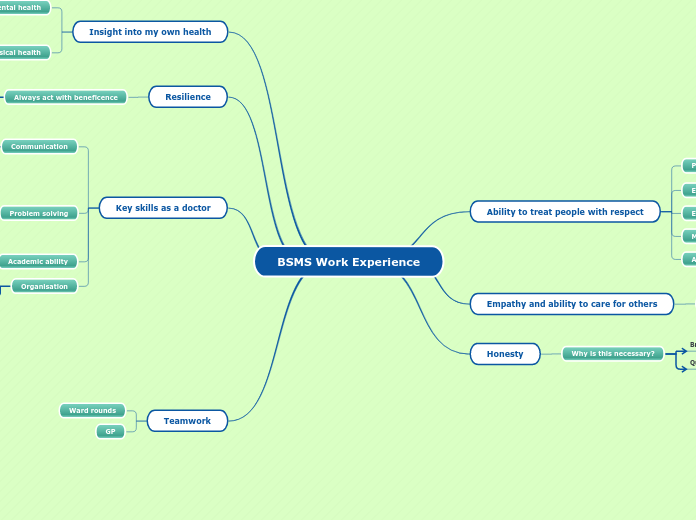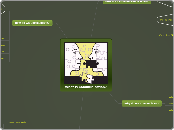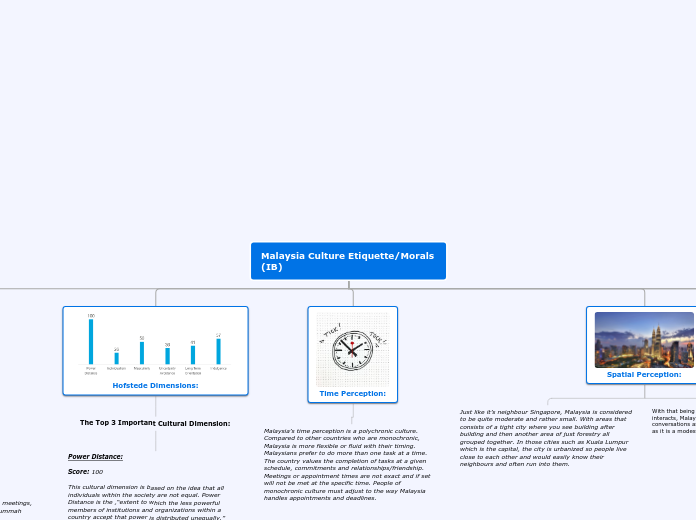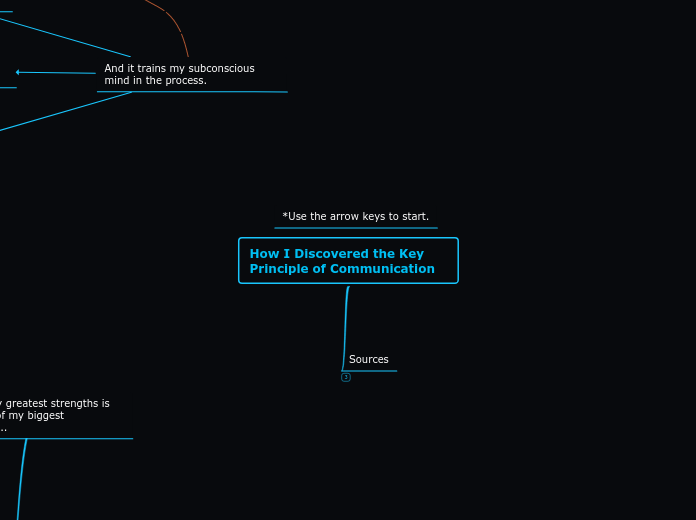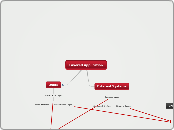BSMS Work Experience
Type in your name
Teamwork
Your college or junior college degree is important when applying for a job. Nevertheless, additional training and other kinds of education can help. Enlist all the types of training you did.
List all your related courses, seminars, conferences and trainings.
continuing education course inon-site training at my previous job invocational education course inspecial training seminar incertification inOther
GP
List all your related courses, seminars, conferences and trainings.
continuing education course inon-site training at my previous job invocational education course inspecial training seminar incertification in
Ward rounds
Key skills as a doctor
Personal skills
Skills can be truly valuable when it comes to convincing a potential employer. Along with work experience and education, your skills will help the employer get a better understanding of your interests and values.
Organisation
Specify any other skills which you believe qualify you for the position you are applying.
Can you manage time well and delegate more time to more acutely ill patients
Academic ability
These skills enhance your interactions, job performance and career prospects. Soft skills are broadly applicable both in and outside the workplace, and relate to a person's ability to interact effectively with coworkers and customers.
team playerflexibilitygood communication skillsproblem-solving skillscreative thinkingconfidenceOther
Good GCSES & A-Levels
Problem solving
Computer skills you master
Companies are becoming more and more dependent on technology, so your computer skills can easily increase your chances of getting a job that requires such skills. Specify the types of computer skills you master.
Can you act accordingly in an emergency situation to save a patients life?
What software do you use for graphic design?
Adobe AcrobatAdobe PhotoshopAdobe InDesignAdobe Premiere ProAdobe After EffectsOther
Can you identify what tests/scans need to be done?
What operating systems are you familiar with?
Microsoft WindowsLinuxUnixMac OSXDOSBIOS SoftwareOther
Can you figure out a management plan?
What kind of computer applications do you use?
Total CommanderWindows ExplorerChromeMindomoWorld of WarcraftVLC Media PlayerMySQLOther
Communication
Your language skills can play an increasingly important role in the workplace.
Specify what languages you know
taking into consideration the levels of understanding, speaking and writing.
EnglishSpanishItalianGermanJapaneseOther
Why is it so important?
more effective
Level of writing
What is your level of writing?
elementary proficiencylimited working proficiencyprofessional working proficiencyfull professional proficiencynative or bilingual proficiency
patient and family feel more at ease
Level of speaking
What is your level of speaking?
elementary proficiencylimited working proficiencyprofessional working proficiencyfull professional proficiencynative or bilingual proficiency
less confusion
Level of understanding
What is your level of understanding?
elementary proficiencylimited working proficiencyprofessional working proficiencyfull professional proficiencynative or bilingual proficiencyOther
Resilience
Great opportunity to showcase your personality to potential employers.
What activities (outside of work) do you enjoy most?
joggingsoccerreadingswimmingflying kitesyogaikebanafootballtennisgolfgardeningOther
Always act with beneficence
the aim is to provide the best care so we keep trying
Insight into my own health
Work ethic and habits
This section will give the potential employer a glimpse into your work ethic and habits. Having another professional speak on your behalf is vital for your job search.
Physical health
How can certain drugs affect me? Can they lead to worse things e.g gateway drugs?
Do I need to be more active?
Type in the name of the professional who refers you.
Am I constantly feeling low in mood?
Type in the professional's contact information. This way, if the recruiter will need to ask for further details, he/she will easily contact this person.
Am I still enjoying the things I usually like to do?
Type in a brief description of his/her reference.
Honesty
Work experience
This is one of the most important sections in your curriculum vitae. Make sure you specify all your previous work experience, part-time jobs, vacation jobs, voluntary work, and unpaid work experience that are relevant for the position you are applying for.
Why is this necessary?
Specify your work experience
Start with the most recent period.
Example: Jul 2013 - Jun 2016.
Questions
What industry does the company or institution belong to?
advertisingtourismagriculturecomputer hardware manufacturerspetroleumOther
speaking honestly about prognosis/diagnosis
Name of the company or institution where you last worked or where you are currently working.
GoogleProcter & GambleTescoWal - MartToyotaIBMKPMGMcDonald'sOther
not giving patients a sense of false hope
Empathy and ability to care for others
Educational background
Present your educational background in order to highlight your ability to learn and apply information, and achieve a variety of tasks and goals.
What situations would this be crucial in?
Specify the study period
Start with the most recent at the top.
Example: Sep 2009 - Jun 2013.
Taking patient histories
Specific courses you attended
List specific courses that you find relevant for the requirements of the position you are applying for.
Art, Design and Public DomainDevelopmental PsychologyAnalytic TrigonometryElementary SpanishCreative WritingOther
empathetic towards symptoms
Breaking bad news
What was the degree or certificate you received at graduation?
Master of Arts/ Science inBachelor of Arts/ Science inLicensed Practical NurseDoctor of PhilosophyOther
how may the patient feel?
Empathy over fear
Name of the educational institution
Type in the name of the educational institution you have attended.
Harvard UniversityUniversity of OxfordPrinceton High SchoolNotre-Dame International High SchoolLa Escuela Preparatoria de BarcelonaOther
emergency situations
Ability to treat people with respect
Contact information
Any CV or résumé needs to contain your contact information. This way, recruiters can get in touch with you.
Autonomy
Type in any social media account, website or blog you have in order to help the recruiter do research on you.
Add hyperlink
respecting patients decisions about their care
Mental health
Type in your current address.
respecting boundaries
Elderly
E-mail is the preferred form of communication in today's work environment.
Type in your e-mail address so that the recruiter can easily contact you.
do not treat as incompetent
Explaining a diagnosis
Type in your mobile phone number.
do not insult intelligence/ act in belittling manner
Palliative care
Type in your personal phone number.
listening to the cultural/spiritual wishes of the patient
